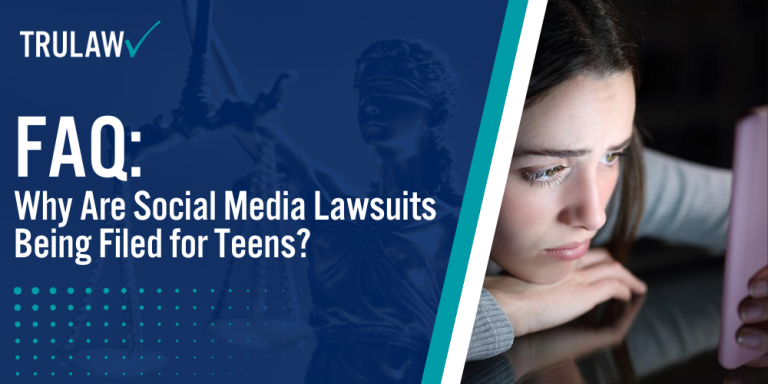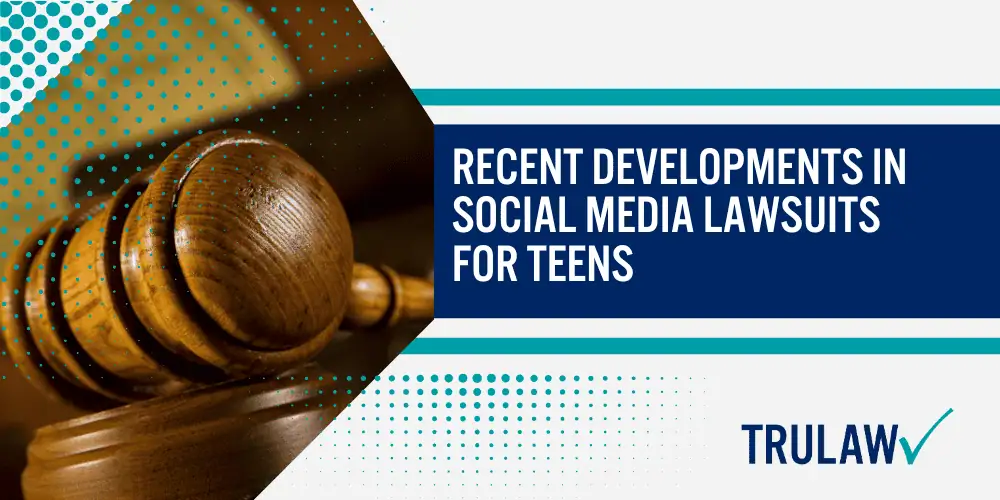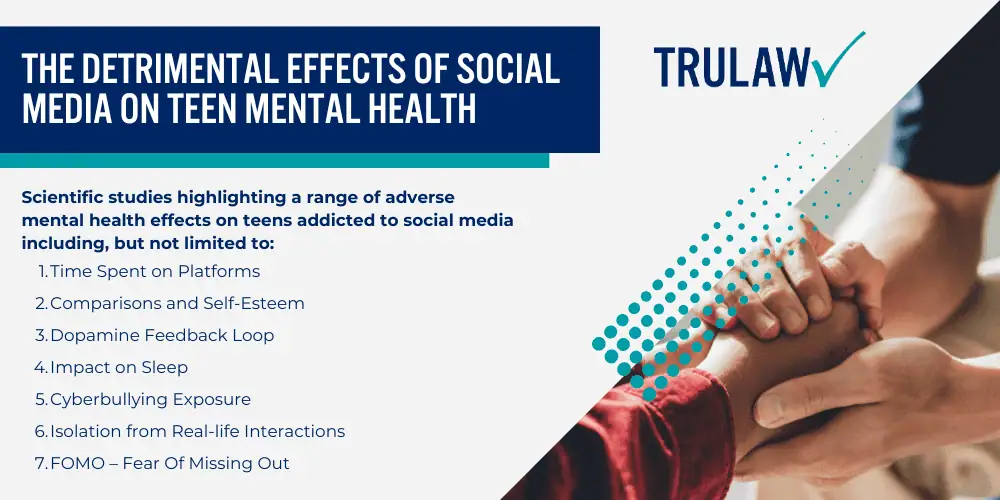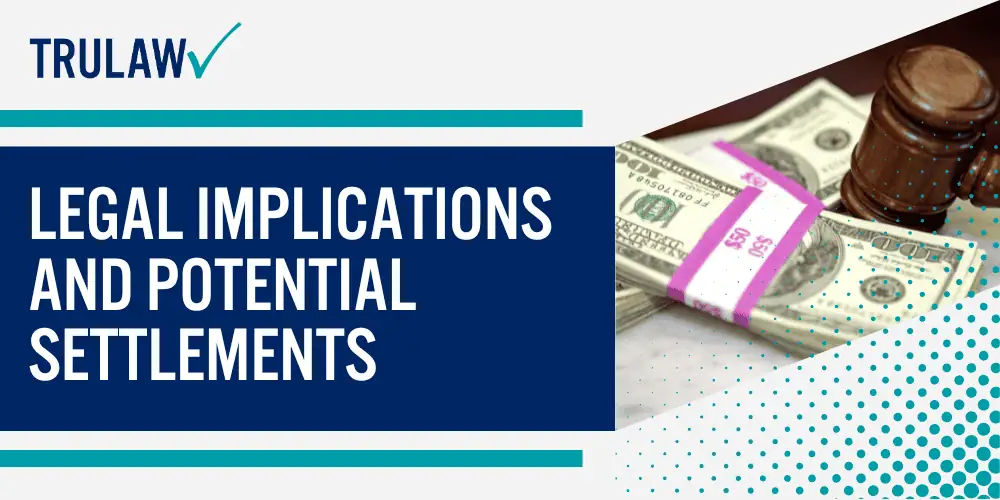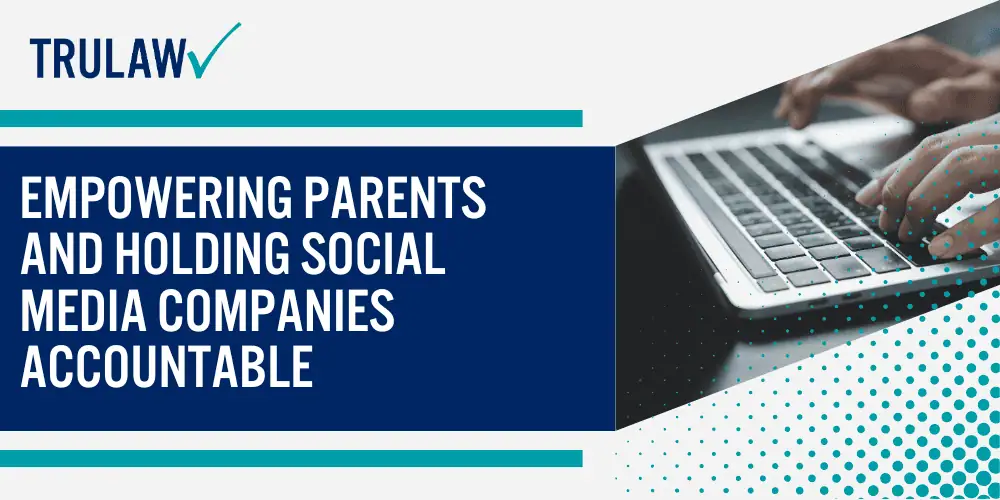Recent legal developments have brought renewed attention to the issue of teen addiction to social media.
Several states have initiated legal action against major tech companies, such as Meta Platforms (formerly Facebook), alleging that these companies prioritize profits over the well-being of young users.
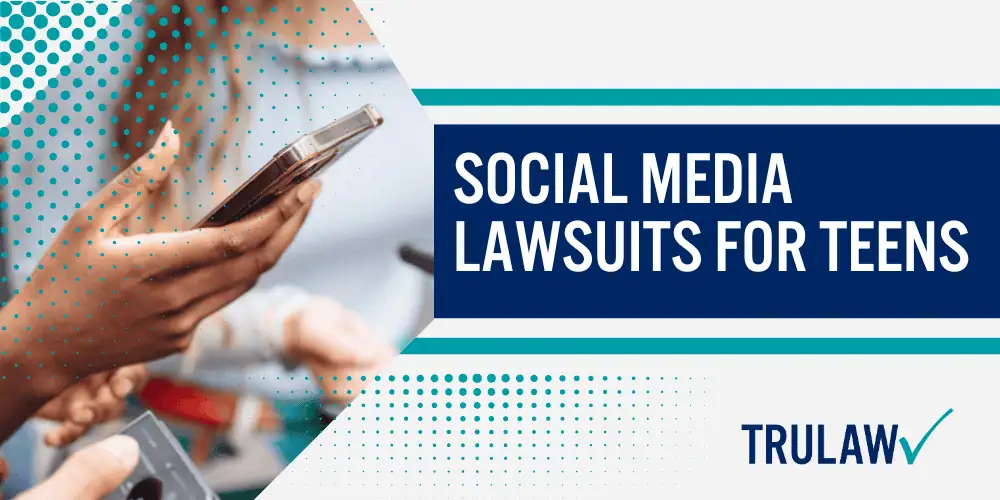
This focus is particularly on the designs and algorithms of their platforms.
Social Media Lawsuits: Teenage Addiction
The wave of lawsuits against Meta Platforms highlights a critical concern regarding the mental health of teenagers.
Key points in these lawsuits include:
- 41 U.S. States File Lawsuits: In a major legal move, 41 U.S. states have filed lawsuits against Meta, accusing the company of promoting social media addiction among teens.
- Internal Research Exposed: These actions follow revelations from internal research, previously highlighted by The Wall Street Journal, showing Meta’s awareness of the harmful impacts of its platforms on young users’ mental health.
- Claims of Intentional Addiction: The lawsuits argue that social media sites have developed products that intentionally hook young people, contributing to a youth mental health crisis. They allege that these platforms knew about the addictive nature of their services but chose profits over the welfare of vulnerable users.
These allegations point to a growing concern about the ethical responsibilities of social media companies and their impact on youth mental health.
Algorithms: The Core of Addiction and Profit
The role of algorithms in fostering addiction is a central theme in these lawsuits.
The key allegations in the social media lawsuits include:
- Increase profits at the expense of young adults’ mental health
- Promoting content leading to extended periods of use and addiction
- Adversely affecting the brain development of young users
This focus on algorithms underscores the need for greater transparency and accountability in how social media platforms operate and influence users, especially the younger demographic.
Legal Immunity Under Scrutiny
The legal immunity traditionally enjoyed by social media companies is now being questioned.
Significant aspects of the legal immunity under scrutiny includes:
- Section 230 of the Communications Decency Act: Traditionally, this law has protected social media companies from lawsuits related to user-posted content.
- Challenging Legal Immunity: The recent lawsuits challenge this immunity, focusing on the intentional design and algorithms that contribute to addiction and mental health issues among teens.
The outcome of these legal challenges could lead to significant changes in how social media platforms are regulated and held accountable for their content and design choices.
A Landmark Decision in Social Media Lawsuits for Teens
- Judge Rogers’ Decision: This landmark decision suggests that social media platforms might not be invulnerable if they intentionally design features known to be damaging.
- Pathway for Legal Action: This shift in legal perspective opens the way for individuals suffering from eating disorders, self-harm behavior, or suicidal thoughts linked to excessive platform use — and their families — to seek justice against influential social media companies.
This decision marks a potential turning point in the legal landscape, signaling a new era of accountability for social media companies and their impact on society.
